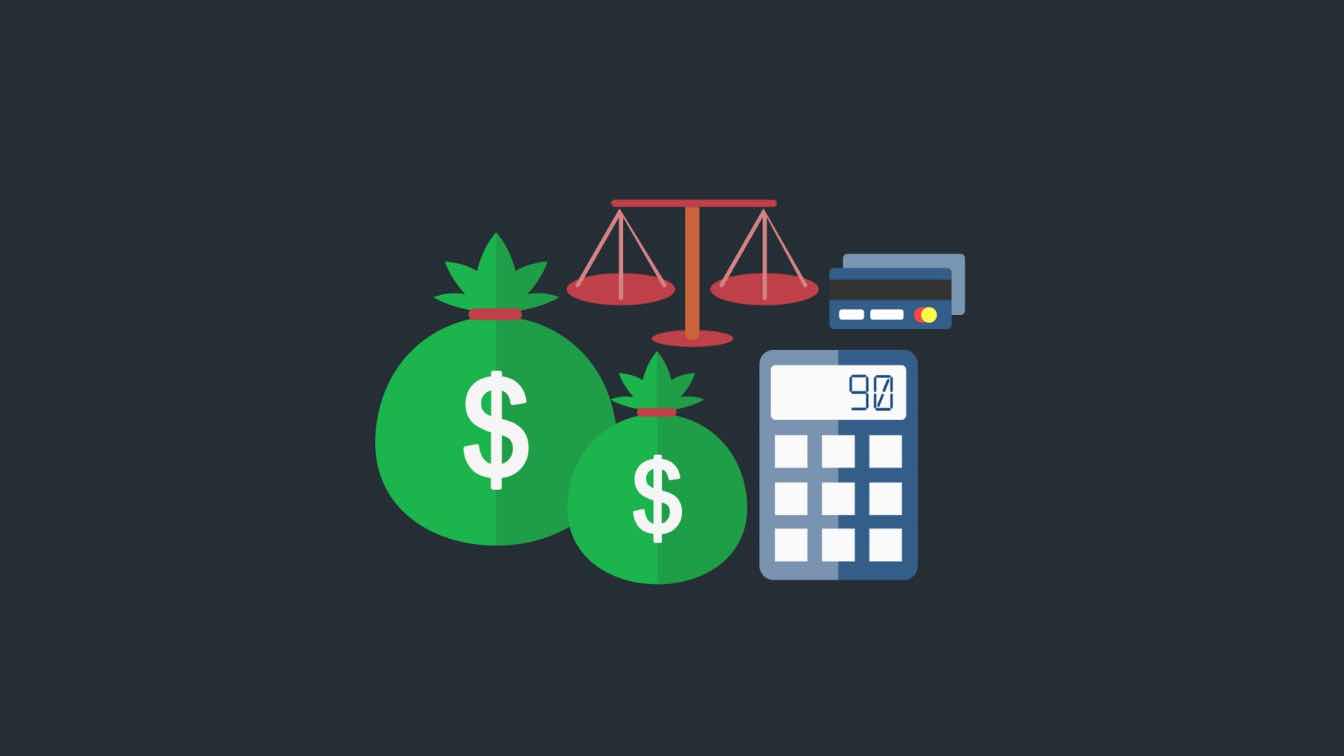Despite the economic headwinds of rising mortgage rates and persistent inflation, millennials are making significant strides in the housing market, sparking a potential housing boom within their generation. A new survey launched in partnership with Pollfish in June 2024 of 2,500 adults aged 18 to 54, who either bought a house in the last 18 months or plan to buy one soon, found that many millennials have successfully purchased homes, leveraging innovative strategies and financial flexibility to navigate the challenges.
This article delves into the factors driving this trend, exploring how these generations thrive in an increasingly competitive market and what their homebuying success means for the future of real estate.
The current state of millennial and Gen Z homebuying
Gen Z (12-27 years old) and millennials (28-43 years old) are distinct generations with unique characteristics shaped by different cultural, technological, and economic experiences. Among the survey respondents, the 25-34-year-olds age group, which includes both Gen Z and millennials, was found to be the most active in buying houses. Currently, millennials and Gen Z represent a significant portion of the homebuying market. Their preferences, financial behaviors, and economic challenges are helping to shape the housing market’s dynamics across the board.
This demographic faces unique challenges and opportunities that influence their approach to homeownership. Mortgage interest rates are averaging 7% or more, significantly impacting home affordability. General economic conditions reflect a mixed picture for the future. While employment rates are relatively stable with low unemployment, wage growth has not kept pace with the increasing cost of living, creating a challenging environment for millennials and Gen Z trying to finance and buy homes.
The results of the survey, which looked at how interest rates today impact potential homebuyers, provided a detailed picture of:
1. The current state of the housing market.
2. Generational trends toward homebuying.
3. The role of discount points and alternative options in home financing.
Why millennials and Gen Z are buying houses right now
The survey found that 24% of millennials and Gen Z are proceeding with their home purchase plans despite high interest rates and 46% of millennials and Gen Z respondents bought a home in the last 18 months already.When asked about their main reason for buying a home:
A. 44% of respondents reported it was due to a change in their circumstances, such as recently getting married, starting a family, or needing to relocate.
B. 39% said they believe the long-term benefits of homeownership outweigh current interest rates. These benefits include building equity, controlling their living space, and enhancing the potential for property value appreciation.
C. 37% said they were concerned about home prices increasing and wanted to lock in their purchase now, even at higher rates.
The concern that home prices will continue to rise, making future purchases even more expensive, creates a sense of urgency driven by the fear that waiting could price them out of the market entirely.
The 25-34 age group may also be employing creative financing strategies, such as adjustable-rate mortgages or buying down their interest rates through discount points, to make their purchases more affordable. A significant majority (57%) of respondents are indeed exploring alternative financing options, reflecting widespread interest in non-traditional mortgage solutions.
That said, more than 32% of respondents still consider traditional mortgage rates when purchasing a home, showing a large portion of the market remains attached to conventional financing.
Nearly 22% of respondents have switched to adjustable-rate mortgages (ARMs), indicating a notable shift toward this option amidst high fixed rates, consistent across different demographics. Similar to ARMs, about 31% of respondents have used discount points (or mortgage points) to lower their rates.
Strategies millennials and Gen Z use to afford homes
Twenty-five to 34-year-olds are using several strategies to afford homeownership despite rising costs. House hacking involves renting out parts of their home, such as basements or spare rooms, to generate income and reduce mortgage payments. Co-buying with friends allows them to pool resources for larger down payments and shared expenses, making homeownership more manageable and financially feasible. Additionally, financial support from relatives, such as cash gifts, loans, or co-signed mortgages, helps them qualify for better mortgage terms and enter the housing market despite economic challenges.
Another option is to convert unused areas into short-term rentals, which can provide an additional income stream.
States with higher rates of millennial and Gen Z homebuyers
Midwest surge
Certain states have seen higher rates of home purchases among younger buyers, especially in the Midwest. iQuanti’s survey found that more 25 to 34-year-olds were proceeding with their homebuying plans despite the rising interest rates, specifically in Illinois, Iowa, Kentucky, and Kansas.
|
State |
Percentage Buying |
Percentage Holding Off |
Percentage Working With a Lender |
Median Property Value |
|
Illinois |
40% |
27% |
33% |
$272,000 |
|
Iowa |
22% |
0% |
78% |
$229,000 |
|
Kentucky |
63% |
18% |
18% |
$250,500 |
|
Kansas |
100% |
0% |
0% |
$250,000 |
The presence of younger buyers in these markets suggests a trend toward early homeownership, influenced by affordability and job opportunities; this trend is likely to have a significant impact on the real estate market in the coming years.
High-value coastal markets
On the other hand, areas where 25-to-34-year-olds seem to be buying less include Massachusetts, Georgia, California, and parts of Texas:
|
State |
Percentage Buying |
Percentage Holding Off |
Percentage Working With a Lender |
Median Property Value |
|
Massachusetts |
14% |
40% |
46% |
$601,000 |
|
Georgia |
25% |
33% |
41% |
$366,00 |
|
California |
25% |
35% |
41% |
$787,800 |
|
Texas |
25% |
40% |
36% |
$348,000 |
High property values can be challenging for younger buyers with lower incomes and less savings than other generations. In these states, the lower percentage of young buyers and higher reliance on lenders may indicate cautious optimism or financial constraints among younger buyers, impacting their ability to enter the housing market early.
Married millennials and Gen Z are buying more houses than singles
Though data has shown more single women than single men are buying houses, the survey found that married people who fall in the millennial and younger brackets have purchased more homes compared to their single counterparts. However, 65% of singles in this age group plan to buy their first home soon, despite rising interest rates making affordability more challenging:
| Homeowner status for singleindividuals aged 25-34 | Homeowner status for married individuals aged 25-34 | |
| Purchased a home in the last 18 months | 35% | 64% |
| Plan to buy their first home soon | 65% | 36% |
| Have postponed home buying plans due to perceived higher rates | 42% | 26% |
Additionally, the survey found single vs. married homeowners have different outlooks on interest rates (today and future rates):
A. 53% of single homeowners believe rates are rising compared to 63% of married individuals.
B. Nearly 38% of married individuals are seeking a lender to find a mortgage option that works with higher rates
C. 36% report higher rates do not deter them and are moving forward with their home purchase.
Bottom Line
Millennials and Gen Z adapt to current economic challenges with innovative strategies such as house hacking, co-buying, leveraging family support, and exploring alternative financing to make homeownership more affordable. While interest rates remain higher than they have been in several years, most younger generations are still buying homes.
Understanding and addressing millennial and Gen Z homebuyers' unique challenges and strategies is essential for ensuring a healthy and inclusive housing market.
That said, the economic challenges are not expected to go away soon. Policymakers must address housing affordability issues, considering the high cost of living and interest rates impacting millennials and Gen Z. Policies supporting innovative homebuying strategies, such as tax incentives for renting out parts of a home, could make homeownership more accessible. Plus, providing educational resources about alternative financing options could empower future homebuyers.
Additionally, financial institutions should consider offering products tailored to millennial and Gen Z needs, such as flexible mortgage options and loans that consider rental income. Banks and lenders should collaborate with real estate professionals to provide comprehensive services that address homebuying's financial and logistical aspects.
Survey Methodology:
The survey, launched on June 5, 2024, with Pollfish, explored the impact of interest rates on homebuying decisions. Conducted over 48 hours with 2,500 respondents aged 18-54, it targeted recent and prospective homebuyers, focusing on perceptions of interest rates and their effect on behavior. The results, weighted for age and gender balance, provide insights into trends and challenges in the current interest rate environment.
Disclaimer: Article content is intended for information only. It may not reflect the publisher nor employees’ views. Consult a mortgage professional before making financial decisions. Publishers or platforms may be compensated for access to third party websites.





